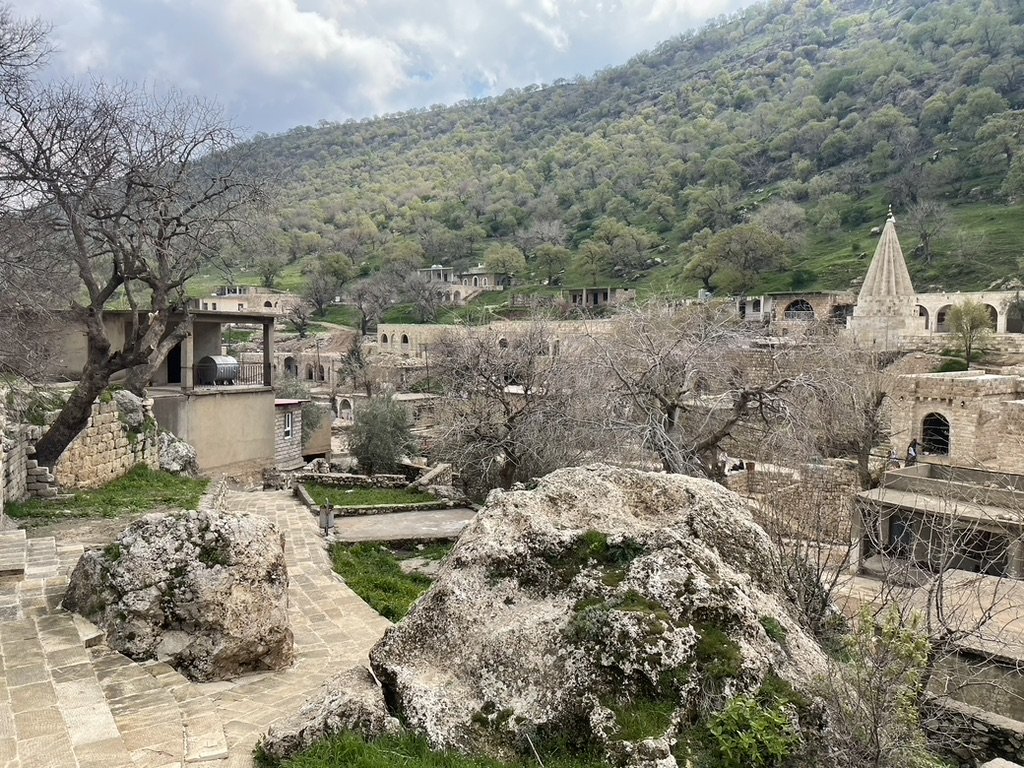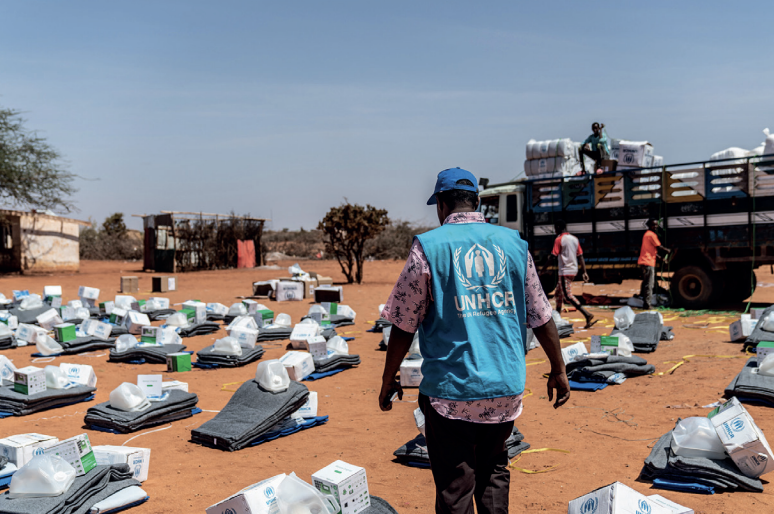Shifting sands: Iran, the Axis of Resistance, and the war in Gaza
Shifting sands: Iran, the Axis of Resistance, and the war in Gaza – Q&A with Dr. Fatima Moussaoui
Unlikely Allies: Engaging armed groups for the protection of cultural heritage
This findings report explores why and how armed groups engage with cultural heritage, offering new tools and insights for cultural protection in conflict zones.
Strategies for engaging armed groups in cultural heritage protection
This briefing presents strategies for engaging armed groups on cultural heritage protection, focusing on risk management, community engagement, and practical tools for culturally sensitive programming in conflict zones.
Motivations of armed groups to protect cultural heritage
This briefing note explores why armed groups protect or destroy cultural heritage, highlighting ideological, political, and contextual factors that shape their behaviour. It offers insights to inform targeted engagement strategies in conflict zones.
Capacity building for engagement with non-state armed groups and de facto authorities
This briefing outlines barriers and solutions to building capacity for engaging armed groups and de facto authorities in protecting cultural heritage. It calls for better tools, partnerships, and recognition of heritage protection as a core humanitarian concern.
Fostering peace through dialogue on culture
This briefing explores how cultural heritage can open dialogue with armed groups and de facto authorities in conflict zones, drawing on case studies from Afghanistan, Mali, Myanmar, Sudan, and Syria. It highlights cultural heritage as a potential tool for peacebuilding and recommends strategies to bridge cultural and political engagement.
Shadow wars: the Taliban’s campaign against the Islamic State Khorasan Province
This paper examines the evolution of the Islamic State Khorasan Province (ISKP) from 2021 through 2024, tracing its transformation from a severely weakened entity to an adaptive, decentralised organisation capable of posing a persistent threat in Afghanistan.
Drawing on over 100 qualitative interviews with ex-ISKP members, supporters and sympathisers, it provides an insider perspective into ISKP’s strategies, challenges and resilience in the face of sustained Taliban counteroperations.
Despite significant losses – including the elimination of key leaders, mass surrenders and the disruption of critical operations – ISKP has maintained visibility and relevance. At the same time, Taliban counterterrorism strategies have evolved. The Taliban’s campaign has suppressed ISKP’s territorial and operational ambitions but has not eradicated its ideological appeal.
Drivers of ISKP recruitment in Afghanistan
The Islamic State Khorasan Province (ISKP) has proved to be remarkably resilient despite international and Taliban government efforts to destroy it. This paper offers an in-depth analysis of ISKP’s recruitment strategies, the varied experiences of its members, and the group’s operational dynamics across Afghanistan.
The border business: a political economy analysis of checkpoint taxation in Afghanistan
Checkpoints and the transit taxes that can be levied at them have been central to the vagaries of Afghan state formation and conflict—and are crucial to understand the rise to power of the Taliban. In this new working paper Sarajuddin Isar posits that checkpoint taxation is a key means of creating and negotiating rents between state and non-state actors, driving political settlements and conflict.
Time for change: the normalization of corruption and diversion in the humanitarian sector
Although the aid sector often treats corruption and diversion as an anomaly, they are pervasive, systemic and often unwittingly perpetuated by standard aid sector practices. Drawing primarily on evidence from Somalia and Afghanistan (with reference to other contexts), this paper explores the specific aid practices that enable and perpetuate corruption and diversion, and what donors and implementers should be doing differently.










